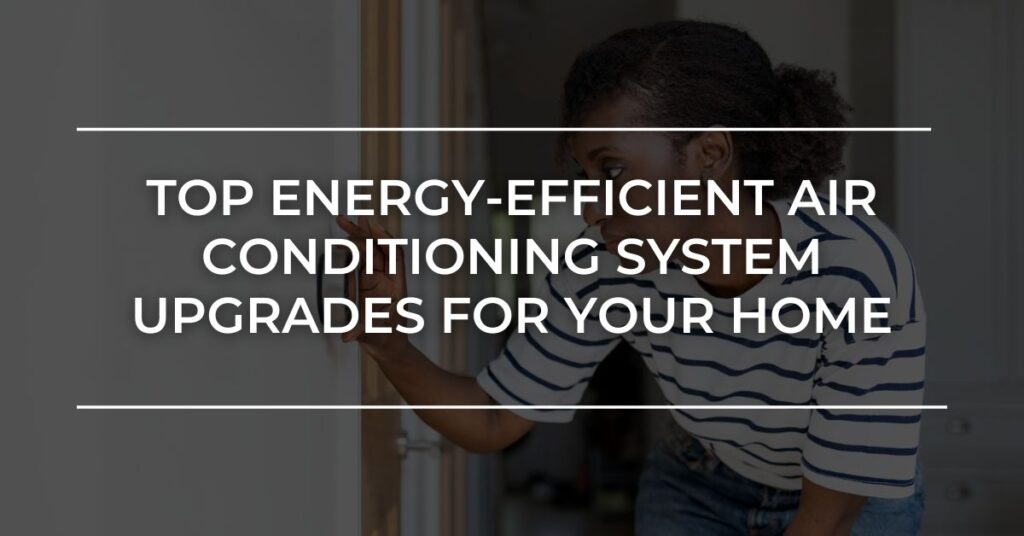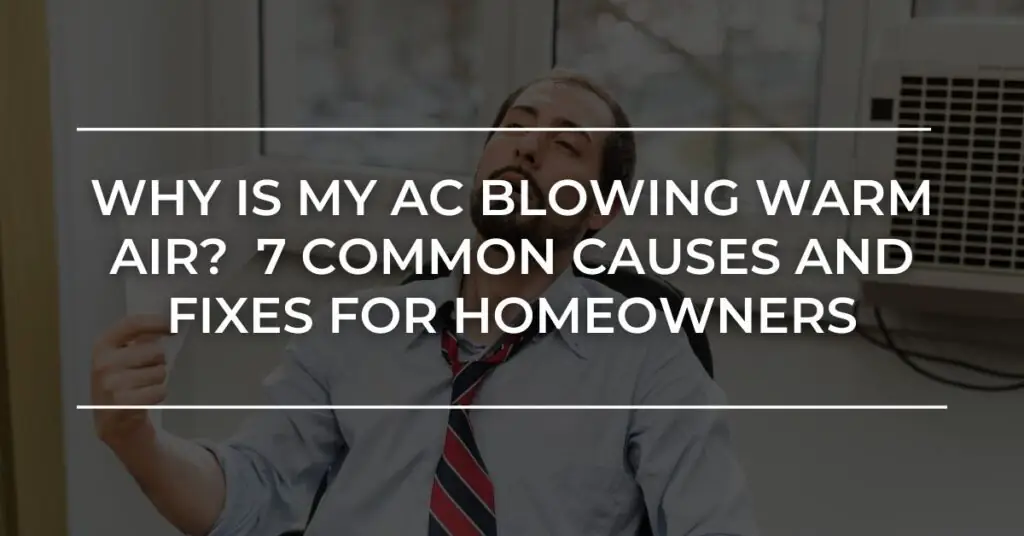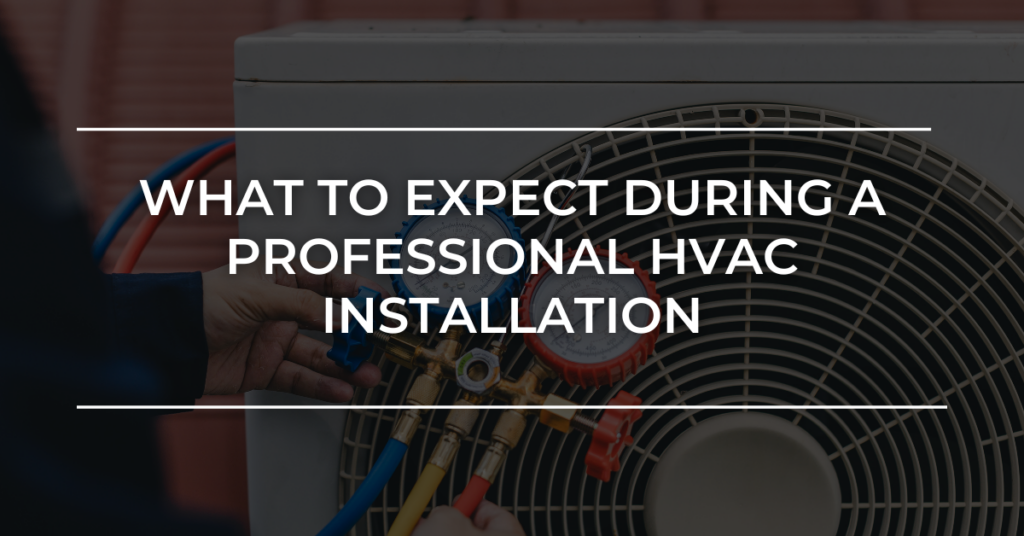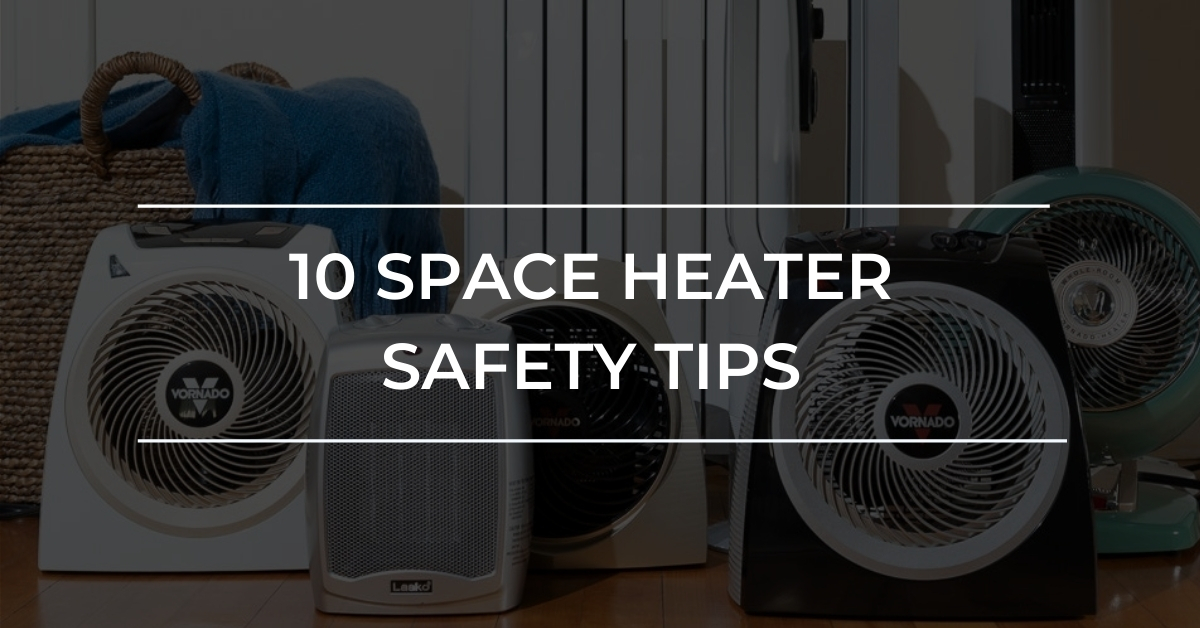
Portable space heaters can be a convenient source of supplemental heat in your home during chilly winter months, especially when heating a specific room with poor airflow or pleasing that family member who is never comfortable. However, electric space heaters can present substantial fire hazards if not properly used. According to the U.S. Consumer Product Safety Commission space heaters spark an estimated 25,000 residential fires every year.
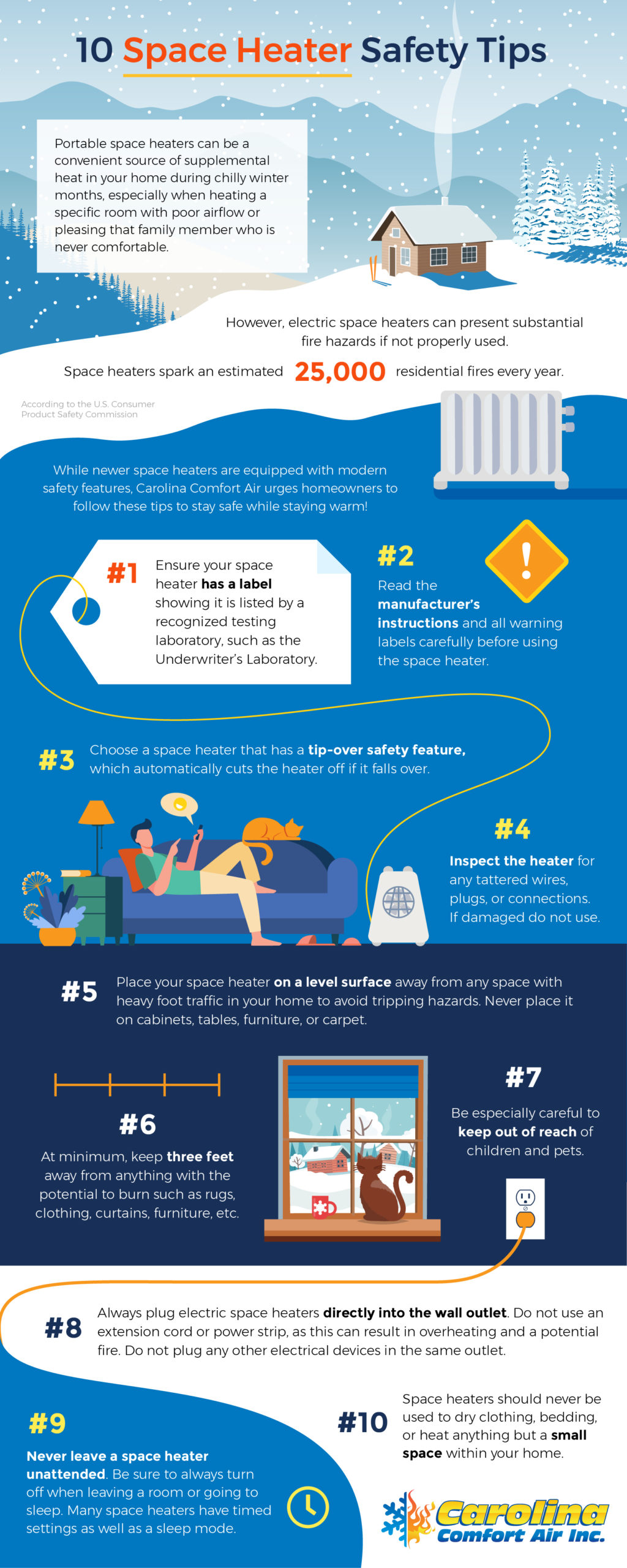
While newer space heaters are equipped with many modern safety features, Carolina Comfort Air urges homeowners to follow these tips to stay safe while staying warm!
- Ensure your space heater has a label showing it is listed by a recognized testing laboratory, such as the Underwriter’s Laboratory label.
- Choose a space heater that has a tip-over safety feature, which automatically cutts the heater off if it falls over.
- Read the manufacturer’s instructions and all warning labels carefully before using the space heater.
- Inspect the heater for any tattered wires, plugs, or connections. If damaged do not use.
- Place your space heater on a level surface away from any space with heavy foot traffic in your home to avoid tripping hazards. Never place it on cabinets, tables, furniture, or carpet.
- At minimum, keep three feet away from anything with the potential to burn such as rugs, clothing, curtains, furniture, etc.
- Be especially careful to keep out of reach of children and pets.
- Electric space heaters should always be plugged directly into the wall outlet. Do not use an extension cord or power strip, as this can result in overheating and a potential fire. Do not plug any other electrical devices in the same outlet.
- Never leave a space heater unattended. Be sure to always turn off when leaving a room or going to sleep. Many space heaters have timed settings as well as a sleep mode.
- Space heaters should never be used to dry clothing, bedding, or heat anything but a small space within your home.
Though space heaters can be both efficient and economical, homeowners should follow these steps when supplementing their home heat. If you are experiencing significant airflow issues in your home such as one room being a drastically different temperature than others, you may need to have your central heating system inspected by a Carolina Comfort Air professional HVAC technician.

